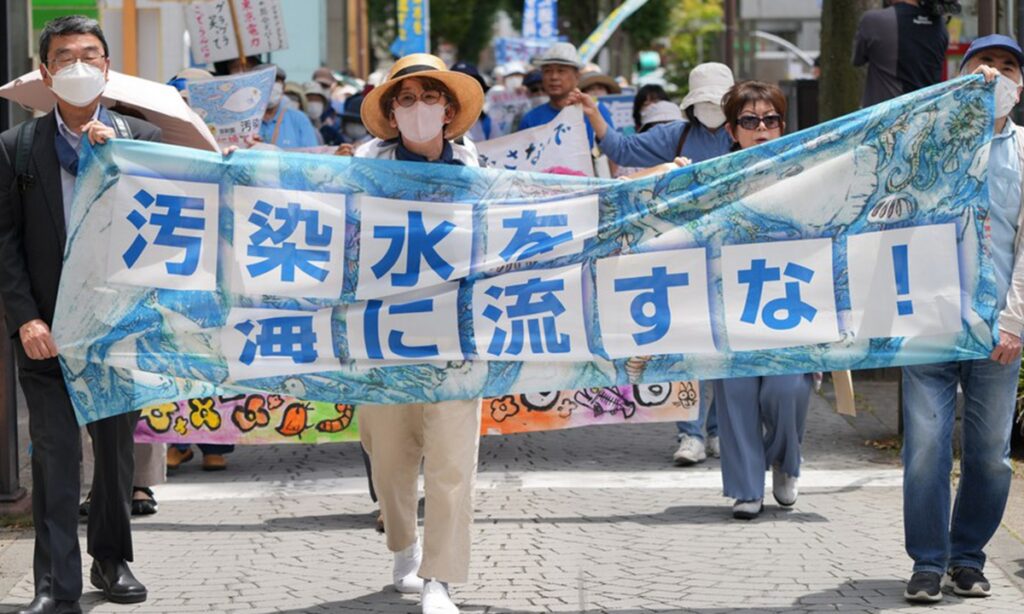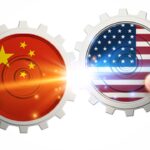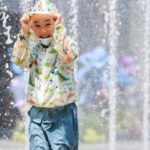Ahead of the International Atomic Energy Agency (IAEA) chief’s visit to Japan to observe the final preparations for the dumping of nuclear-contaminated wastewater into the sea, the Chinese public is calling, across social media platforms, for a widespread boycott of Japanese products, while experts urge the IAEA to give a just and objective review of the dumping plan to prevent Japan from committing a crime against humanity.
IAEA Director General Rafael Mariano Grossi will visit Japan from Tuesday to Friday to meet with Japanese leaders, Japanese Foreign Minister Yoshimasa Hayashi said. He noted that the Japanese government hopes the visit “will add credibility to the discharge plan,” AP reported, although it has been strongly opposed by local fishing groups and by neighboring China and some Pacific Island nations over safety concerns, AP reported.
Waves of boycotts of Japanese goods have emerged among the Chinese public in recent weeks, with particular emphasis on Japanese cosmetics and food products.
The campaign has gone viral across Chinese social media platforms in recent weeks, with netizens compiling lists of Japanese cosmetics brands, food producers and baby products to remind people to avoid using or buying them in the future amid safety concerns. Some are even pushing to add Chinese brands using Japanese raw materials to the lists.
Netizens have already made up lists of replacements of these Japanese products. Most replacements are either domestically made or imported from European countries.
SK-II, a famous cosmetics brand in Japan, recently lost its spot in the top five ranking to a local brand during the “618” (June 18) mid-year promotion gala in China, according to media reports.
“The ocean belongs to all human beings, not solely to Japan, how could they be so irresponsible to put everybody’s health at risk just to satisfy its own selfish needs? What a shame!” said one internet user on Xiaohongshu, a popular social media platform often used for testing, assessing and buying cosmetics products in China.
“They [the Japanese government] have hired specialist agencies to cover up opposition voices on the internet, creating a perception that the international community readily accepts their actions. This is a lie! What we can do is continue to speak out and do our best to protect ourselves,” another said.
Yang Chengjun, a Chinese expert on missile technology and nuclear strategy, on Sunday denounced Japan’s dumping decision as an extremely irresponsible act that could be considered as a crime against humanity, when Japanese policymakers know it well that nuclear-contaminated waste will have a lingering impact for decades or even a hundred years, but out of their selfish interests refused to use more sound and safer treatment methods.
“China is not alone in this,” Yang told the Global Times on Sunday. Even until today, many fishermen in Japan and South Korea are still rallying against Japan’s dumping plan, and these distinct voices from the public have been suppressed by the Japanese government.
“The more pressure we face, the more important it is for those who stand on the side of justice to be clear and uncompromising,” Yang said.
Observers urged the IAEA to give a just and objective review of the dumping plan, while they believe the agency is very likely to offer a result that favors the Japanese authorities.
“To a large extent, many UN agencies including the IAEA are under the influence of the US, and receive a major share of operational funding from the US. In such a situation, they may have to make compromises and concessions,” Yang predicted.
(Global Times)




